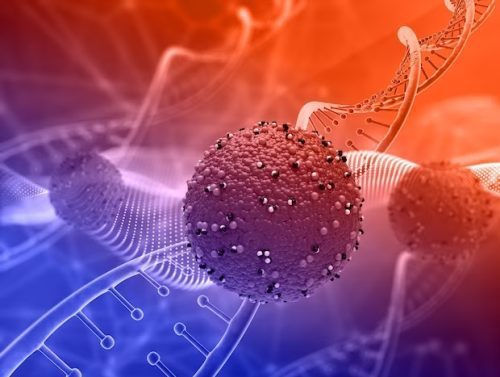
Designing Nanoparticles for Targeted Cancer Therapy
Engineering Tiny Solutions for Big Impacts in Cancer Treatment
About Program:
The program on Designing Nanoparticles for Targeted Cancer Therapy is a comprehensive program aimed at providing researchers, scientists, and healthcare professionals with in-depth knowledge and practical skills in the field of nanoparticle-based cancer therapy. This program will explore the latest advancements, strategies, and challenges associated with designing nanoparticles for targeted drug delivery to cancer cells.
Aim: The aim of the program “Designing Nanoparticles for Targeted Cancer Therapy” is to provide participants with a comprehensive understanding of the principles, techniques, and advancements in designing nanoparticles specifically tailored for targeted cancer therapy.
Program Objectives:
- Explore Nanoparticle Design and Engineering
- Examine Drug Loading and Release Mechanisms
- Characterize Nanoparticle Properties
- Improve the Pharmacokinetics
- Reduce the Systemic Toxicities of Chemotherapies
What you will learn?
Module 1: Principles and Designing of Targeted drug-delivery systems (TDDS) for Cancer Therapy
● Overview of nanoparticles and their applications in cancer treatment
● Role of targeted therapy in cancer treatment
● Principles of TDDS design for targeted drug delivery
● Rationale behind design and application of TDDS
● Selection of suitable materials for TDDS
● Surface modifications and functionalization for target-specific interactions
Module 2: Physicochemical characterization, Biocompatibility and Applications of TDDS for Cancer Therapy
● Physicochemical characterization of TDDS
● Efficient drug loading, drug encapsulation and controlled release
● Stability and self-life of drug molecules
● In vitro and in vivo toxicity evaluation of TDDS and drug molecules, undesirable side effects
● Release kinetics and ADME
● Animal model and clinical studies
Module 3: TDDS in the Market, Various Stages of Clinical Translation and Regulatory Aspects
● FDA and the EMA approved TDDS for cancer therapy
● Mechanism of Actions
● Case Studies
● Challenges for TTDS
● Regulatory Pathways
Fee Plan
Intended For :
- Undergraduate degree in Chemistry, Biology, Pharmacy, or related fields.
- Professionals in pharmaceuticals, biotechnology, or healthcare sectors.
- Individuals with a background in materials science or medicinal chemistry interested in oncology.
Career Supporting Skills
Program Outcomes
- Enhanced understanding of cancer biology, including the hallmarks of cancer and oncogenic signaling pathways.
- Familiarity with different cancer treatment modalities, such as chemotherapy, radiation therapy, immunotherapy, and targeted therapy.
- Knowledge of the applications of nanotechnology in cancer therapy, particularly the advantages of nanoparticles in drug delivery, imaging, and theranostics.
- Awareness of drug resistance mechanisms in cancer and exploration of strategies to overcome or mitigate resistance through nanoparticle-based therapies.
- Understanding of tumor targeting strategies, including active targeting using ligands or antibodies, passive targeting via the enhanced permeability and retention (EPR) effect, and physicochemical targeting based on tumor-specific characteristics.
